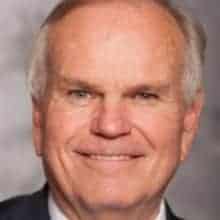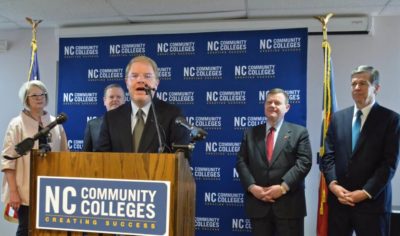
Forbes recently named North Carolina as the “Best State for Business” for the second year in a row – a ranking that we should all be proud of. But in order to meet the demand that our favorable business environment has created, we will need to continue to improve our supply of highly-qualified North Carolinians.
For over a year the myFutureNC Commission worked with educators, policymakers, business leaders, philanthropists, and faith-based and nonprofit communities to identify the strengths and challenges facing North Carolina as we look to increase the number of North Carolinians with a high-quality degree or credential. On February 20, we were joined by Governor Roy Cooper, President Pro-tempore Phil Berger, Speaker Tim Moore, and the leaders of North Carolina’s education sector to formally launch a bold education goal.
The goal: 2 million North Carolinians aged 25- to 44 will receive a high-quality postsecondary credential or degree by 2030.
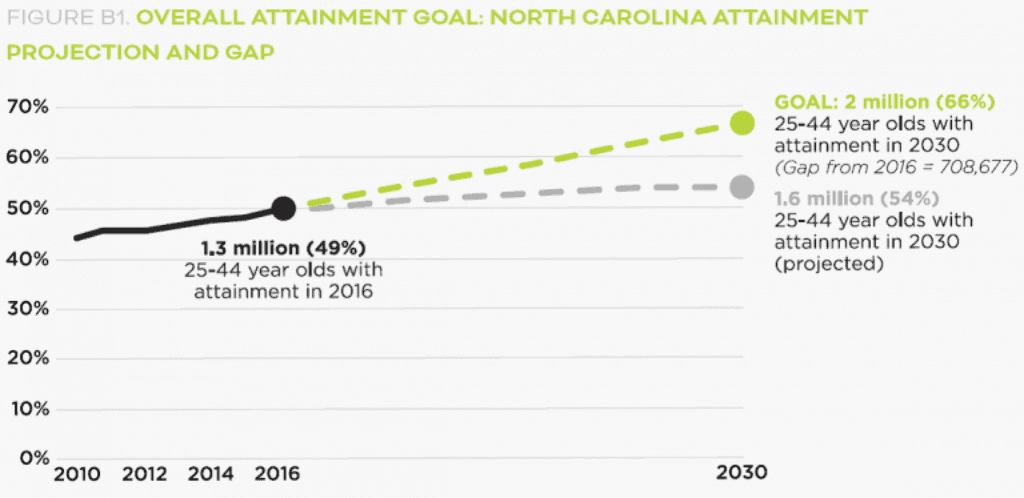
Currently, fewer than half of the individuals in that age group have a degree or high-quality credential. In order to achieve this goal, the public and private business and education sectors must come together with policymakers and citizens. It is only through collaboration among communities in every corner of North Carolina that this goal can be realized.
The Commission identified 10 indicators from the education continuum, as well as five labor market outcome measures. Over the course of the Commission’s work during the last year, baseline measures were established across these indicators and goals have been set to ensure that progress is being made towards the postsecondary attainment goal.
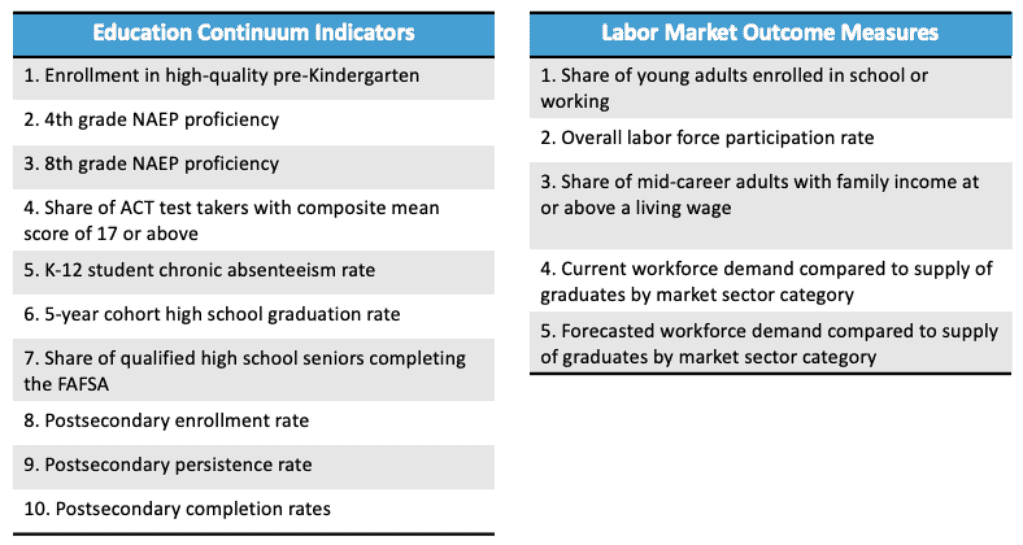
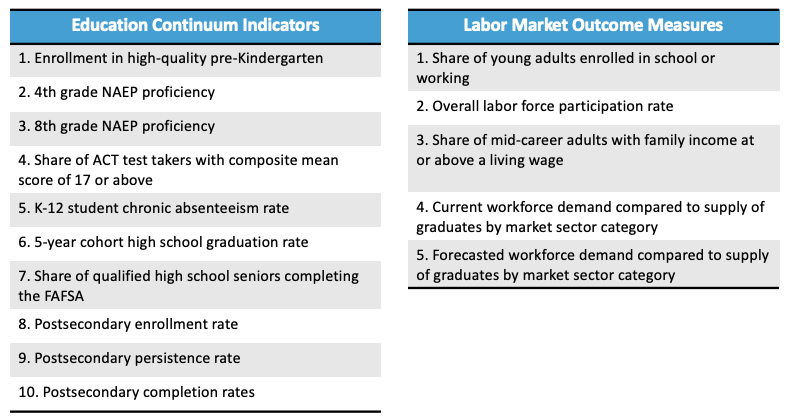
Since April, steps have been taken to establish myFutureNC as a nonprofit organization that will integrate the work from education and economic sectors. The organization will take action to increase attainment at the state and local-level by increasing the public’s understanding and ownership of the attainment goal, along with monitoring the state’s progress towards our goal. myFutureNC, Inc. will be led by myFutureNC’s establishing Board of Directors. The board will also include the Governor and a designee from both the North Carolina Senate and House of Representatives to further integrate the work of myFutureNC as a public-private partnership.
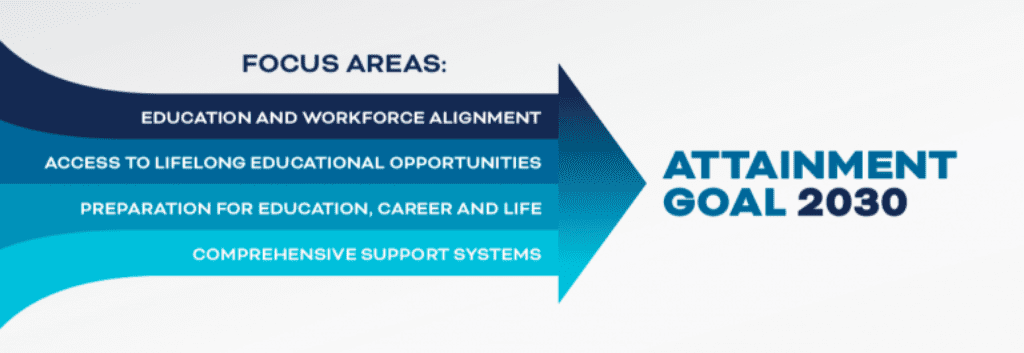
As work transitions to making a local, direct impact, leaders across the state have endorsed their support toward filling in these attainment gaps. The UNC Board of Governors, the State Board of Community Colleges, the North Carolina Independent Colleges and Universities, the State Board of Education, Governor Cooper’s Education Cabinet and NCWorks Commission have all adopted myFutureNC’s attainment goal, further making a more educated North Carolina a reality.
The onward moving codification of statewide leadership shows that our state is not only serious about making a goal but following through. Currently, HB 664 moves to make significant efforts to increase access to learning and improving the education of more North Carolinians so 2 million residents between the ages of 25 and 44 will have completed a high-quality credential or postsecondary degree by 2030. The bill will allow the myFutureNC Commission to report to the General Assembly and to the Joint Legislative Education Oversight Committee on the progress of our state reaching the attainment goal. As myFutureNC moves to impact communities locally, North Carolinians should be proud their leaders want to help them compete in a state that is already economically competitive.
Editor’s note: This perspective was originally published by the Hunt Institute and has been posted with the author’s permission.
The Hunt Institute is excited to begin the second year of the myFutureNC Blog Series in which we provide regular updates on the Commission’s progress and hear from experts who can shed light on how educators and business leaders across North Carolina can come together to meet our attainment goals.



